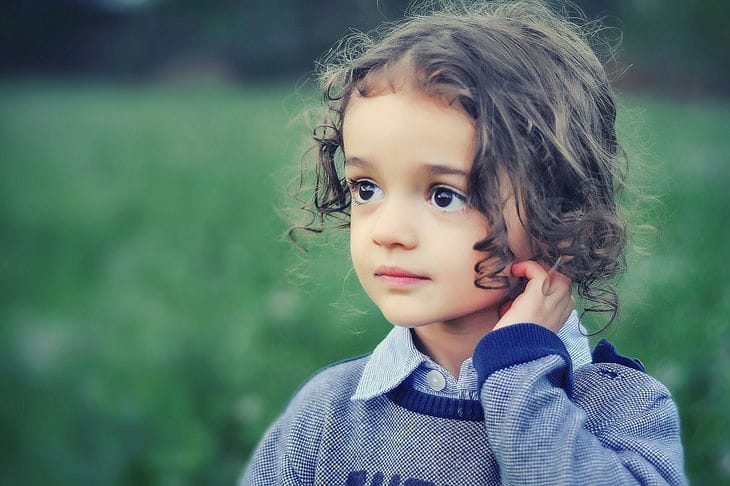A child who is rude in communication can cause anxiety and questions in parents.
Psychologist Irina Zolotova explained why a child is rude.
You may be wondering why your child has become rude and how to deal with it. Here are some possible reasons and tips to help you better understand the situation.

First, it is worth considering that rudeness in children is often associated with their emotional state. Children can be rude when they feel angry, irritated, afraid or frustrated.
Sometimes they may not know how to adequately express their feelings, so they use harsh words or manner of communication.
If your child has started to be rude, try to find the source of his emotional dissatisfaction. Maybe he is experiencing stress at school or in relationships with other children.
Talk to him and try to figure out what is causing his rudeness. Support and understanding can help him learn to better control his emotions.
Secondly, a child can imitate the behavior that he sees around him. If he sees someone close to him or even his peers being rude, he may begin to imitate this behavior.
It is important to be a role model for your child and pay attention to your own manner of communication. Try to use polite expressions and be patient when communicating with him.
The third possible reason for rude behavior is the child's inexperience in communication. In fact, children are just learning to communicate and choose words to express their thoughts and emotions.
They may simply try out the harsh language used by others on themselves without realizing its negative meaning.
As a parent, you can help your child develop effective communication skills and replace harsh remarks with more constructive ones.
Support him in learning new words and phrases, teach him how to express his feelings and needs without being rude.
It is also worth creating an environment where your child can openly discuss their problems and emotions. Listen to them, be understanding, and help them find alternative ways to resolve conflicts.
It is important to remember that every child is an individual and the approach to understanding and resolving the problem of rudeness will be different in each case.
If your child's rudeness becomes chronic or you are concerned about his behavior, it is best to seek help from a child psychologist.
This can help you find the root of the problem and develop a customized approach to improve your child's communication.
